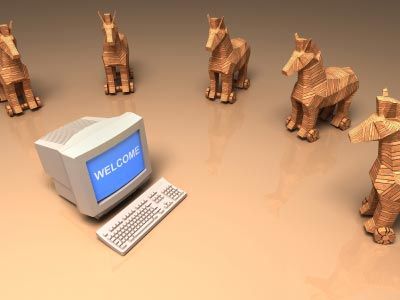One problem with stopping cyberbullies is that some game worlds or social networks are simply too huge and the number of complaints filed too numerous. "Second Life," with more than six million registered players, is often cited as needing more regulation, especially since it allows its players to earn virtual money that can be exchanged for real American dollars [source: Washington Post].
"Second Life" bills itself as an entire virtual world, where "citizens" can earn real money as they conduct business, interact and live out an existence that in many ways mirrors the real world, all the way down to the realistic appearance of their avatars. Companies like IBM have opened stores and offices in "Second Life." Several countries have "Second Life" embassies.
As perhaps the most prominent of the merging of real and virtual worlds, "Second Life" is also a place where abuse, bullying and other virtual crimes have become frequent occurrences. The founder of "Second Life" said that he hopes that players eventually devise their own legal code and justice system, which may help solve some of "Second Life"'s bullying and harassment problems [source: Washington Post].
For the time being, some aspects of "Second Life" and other online games, such as gambling and, in some countries, virtual depictions of underage sex, remain governed by real laws and carry real penalties.



